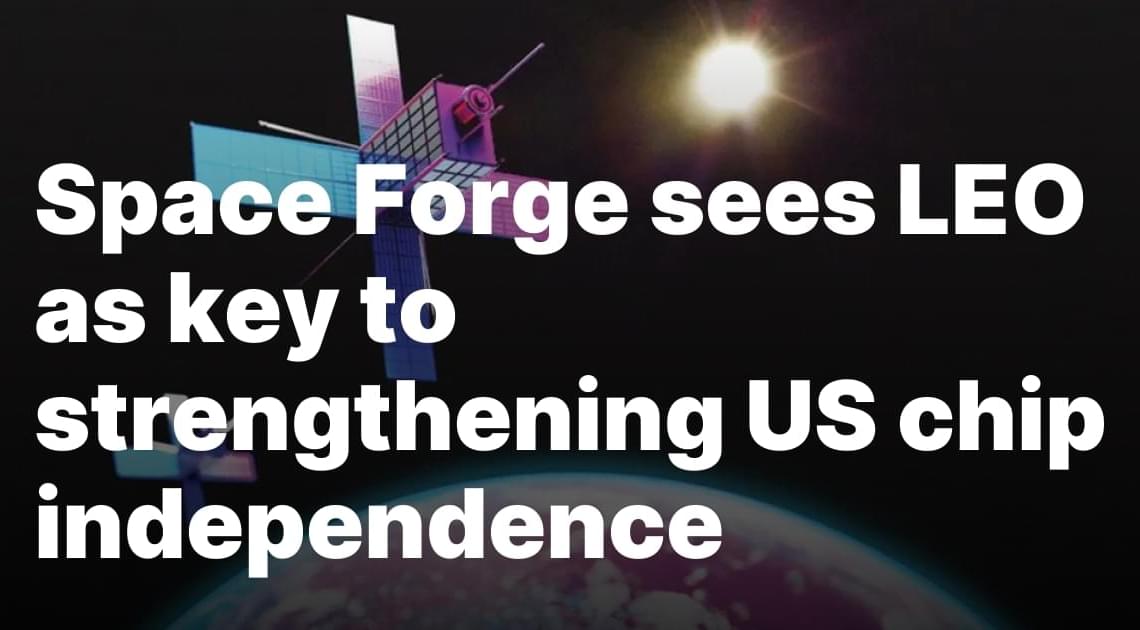TAMPA, Fla. — British in-orbit manufacturing venture Space Forge has appointed technology veteran Atul Kumar to set up a semiconductor business in the United States, aiming to bolster domestic chip production as efforts to reduce reliance on foreign suppliers gather pace.
Kumar, a materials scientist with more than two decades of experience in the sector, is tasked with developing manufacturing operations under Space Forge’s U.S. subsidiary to support the terrestrial and in-space growth of semiconductor substrates, the company announced April 10.
The move comes as the U.S. ramps up efforts to reduce its dependence on chips from abroad, driven by supply chain disruptions, national security concerns and mounting trade tensions — particularly with China.









